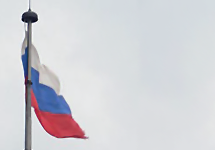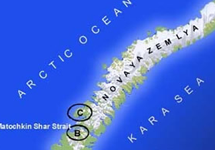
International Export Control Observer (IECO) launched in September 2005. The IECO replaced the NIS and Asian Export Control Observers.
US and Japan established the Commission to conduct official discussions on a regular basis.

A detailed overview of Russia’s nonproliferation policy and initiatives.
July 20, 2006 Testimony of Leonard S. Spector Deputy Director Center for Nonproliferation Studies Monterey Institute of International Studies Before the Subcommittee on Oversight and Investigations Committee on International Relations US House of Representatives Thank you, Mr. Chairman for the opportunity to testify this morning on U.S. nonproliferation policy. As we meet, the United States […]
A fundamental question raised by the agreement is whether it strengthens or weakens efforts to curb the spread of nuclear weapons.

The state of dismantlement efforts and recommendations.
Statement made to the United Nations General Assembly, September14, 2002, New York

Occasional Paper #8: A collection of papers examining the September 11, 2001, terrorist attacks in the United States, and analyzing U.S. and international responses to 9/11. They also propose measures to avert terrorism and to reduce mass-destruction threats to U.S. and international security.

Increased transparency measures are needed of both countries.
The research teams presented findings and recommendations on US nonproliferation programs that focus on regional facilities.